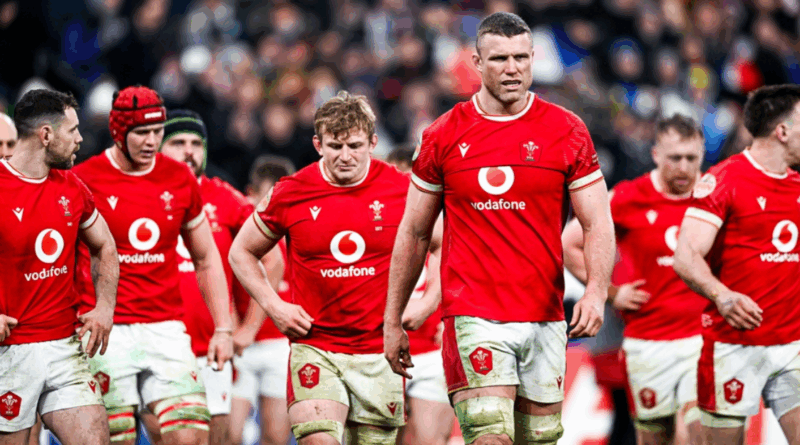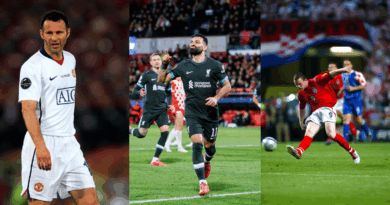Progress or pain? Wales fall again to New Zealand
Wales entered the match with little external expectation, so when Tom Rogers completed his hat-trick early in the second half — becoming, as BBC Sport reported, the first Welshman to do so against the All Blacks the crowd erupted with a sense of possibility rather than surprise.
The deficit shrank to three, and for a few minutes the tension in the stadium resembled a genuine contest rather than damage limitation.
Inside the squad, that moment aligned with the belief they had carried all week. Captain Dewi Lake told the BBC that although the wider rugby public had offered “not much hope,” the players felt they had prepared well enough to stay in the fight.
For a team that has struggled to produce extended attacking sequences over the past year, some of their fluency helped by Joe Hawkins’ sharp distribution and Louis Rees-Zammit’s confident return to union suggested progress.
Read also: Is Arne Slot losing the dressing room? Liverpool collapse fuels job fears
Youthful energy, and a team still shaping its identity
BBC reporting noted Wales’ four-try haul marked only the second time they have reached that figure against New Zealand. Beyond the scoreboard, three new caps were blooded, while Exeter lock Dafydd Jenkins delivered a composed, industrious performance that reflected his growing influence within the setup.
Wales also climbed to 11th in the world rankings after Japan’s win over Georgia, a minor rise but a welcome shift for a squad that has endured more setbacks than steps forward since the 2023 World Cup. Lake later said the match reminded the players of “the level you can go to” when intensity rises not a celebration, but a recognition of standards.
The familiar gulf in strength and tempo
Yet the match’s final quarter served as a reminder that emotional resolve and promising passages cannot mask the physical gulf that remains. New Zealand’s 34th straight win over Wales, as highlighted by the BBC, owed much to their relentlessness: seven tries, relentless gain-line success, and Damian McKenzie’s composed control.
The All Blacks more than doubled Wales’ carrying metres and repeatedly stretched defensive structures that, while brave, couldn’t sustain the pace. Scott Robertson summed it up afterward, saying their power game would test Wales for “50 or 60 minutes” before gaps inevitably appeared. The numbers supported the assessment — Wales finished with 38 missed tackles and long spells absorbing pressure deep inside their own 22.
Read also: Team Denmark suspends taekwondo partnership amid governance concerns
Discipline turns a contest into a chase
Where Wales retained agency, they struggled to capitalise. BBC match statistics showed 14 penalties conceded, and yellow cards for Gareth Thomas and Taine Plumtree in the final stages halted any hope of a late swing.
Lake acknowledged that defending repeated multi-phase attacks in their own red zone against a side as precise as New Zealand was "hard" to withstand.
Springboks looming with a weakened squad
Any sense of cautious optimism will be tested immediately. World champions South Africa arrive next weekend, fresh off a gritty win in Dublin. But because the fixture sits outside World Rugby’s designated window, Wales will be without 13 players who ply their trade in England and France — a situation created by the financial need to stage the match.
The scheduling also collides with a full United Rugby Championship round, leaving the national side short-handed for what is already one of the sport’s most demanding assignments.
Read also: Pogba returns after 811 days: Watch his match highlights here
Still, there was something marginally different about the aftermath of the All Blacks defeat. Not relief, not satisfaction — but a recognition that Wales produced enough glimpses of cohesion and ambition to at least hint at forward movement. Whether that impression lasts beyond the Springboks’ visit will tell its own story.
Source: BBC
Read also: Cole Palmer ruled out after unexpected injury at home




